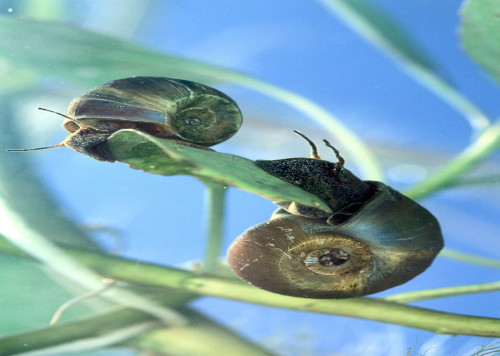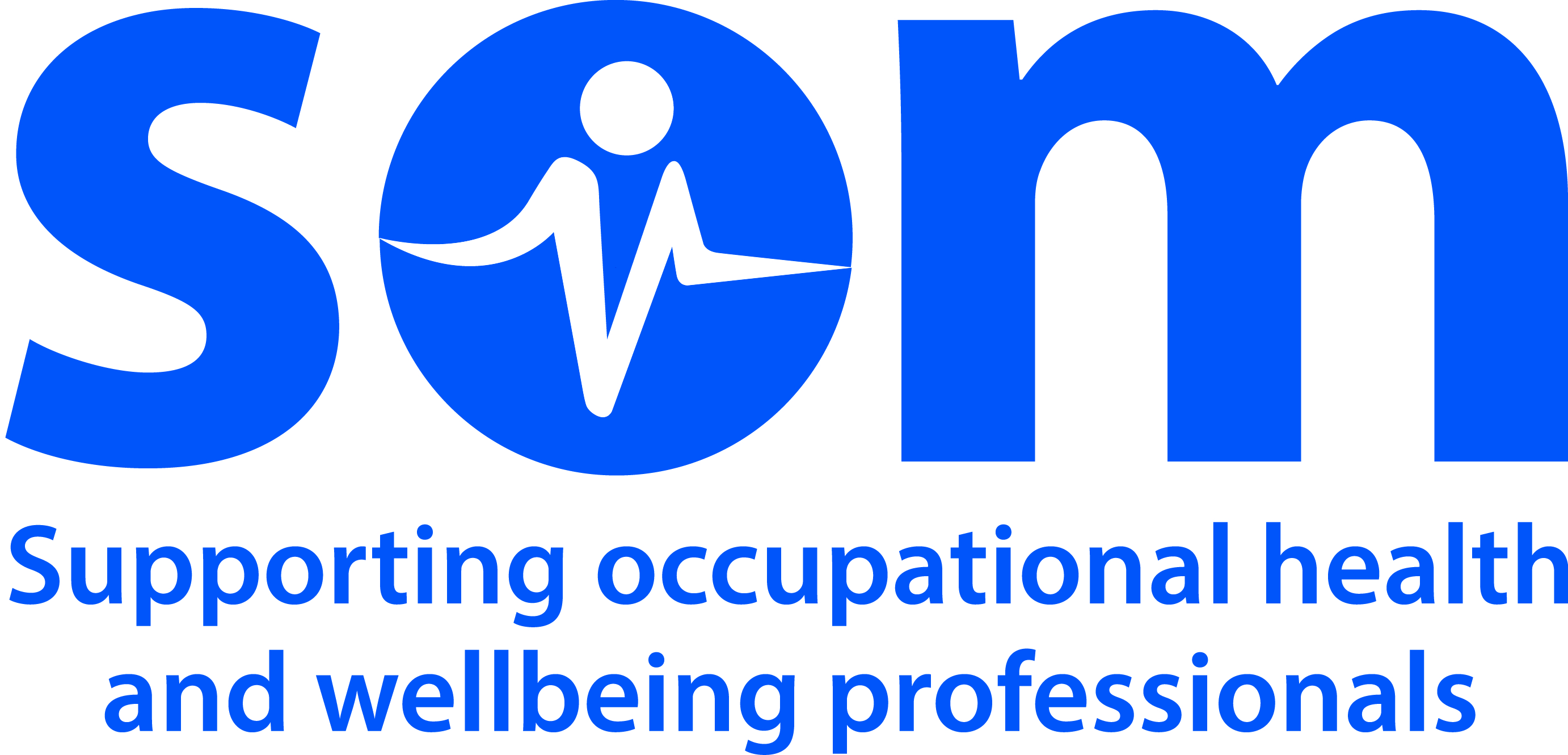Schistosomiasis

Occupational Health Considerations
Schistosomiasis is an acute and chronic disease caused by parasitic worms.
Freshwater snails host the parasite during a different stage of its lifecycle.
Occupations at risk are divers, plant engineers in contact with fresh water and people are infected during routine agricultural, domestic, occupational and recreational activities which expose them to infested water. Business travellers are generally only at risk during recreational activities but may be completely unaware of the hazards in fresh water. Those swimming or fishing in infested water make them especially vulnerable to infection, but hazards also include e.g. rafting, canoeing and pleasure craft.
There are numerous anecdotal accounts of medical students becoming infected with schistosoma during recreational visits to Africa despite being aware of the risks
Sexual transmission is known and this has a significant Occupational Health dimension. Screening is appropriate in the case of a known or suspected exposure (see below)
Clinical Aspects
Schistosomiasis is an acute and chronic parasitic disease caused by blood flukes (trematode worms) of the Schistosoma genus.
Transmission occurs when people suffering from schistosomiasis contaminate freshwater sources with their excreta containing parasite eggs which hatch in the water.
Buffalo, dogs and pigs can also be a mammal host.
People become infected when larval forms of the parasite (hosted then released by snails) penetrate human skin during swimming or immersion in infested water. may result in intense itching at the entry sites 1-2 hours after swimming.
In the human body, the larvae go on to develop into adult schistosomes. Adult worms then persist in the human blood vessels. Some of the spawned worm eggs are released in the hosts faeces or urine to and may find their way into fresh water via contamination by sewage or straight defaecation or urination into fresh water sources. The eggs and worms may causing immune reactions and progressive damage to organs ( e.g. bladder).
Potable water, adequate sanitation and snail control would also reduce transmission overall globally.
Schistosomiasis is diagnosed through the detection of parasite eggs in stool or urine specimens. Antibodies and/or antigens detected in blood or urine samples are also indications of infection and may be more useful screen in the home nation of a business traveller.
Schistosoma Mansoni and Schistosoma Haematobium are distributed throughout Africa; only Schistosoma Haematobium is found in areas of the Middle East, and Schistosoma Japonicum is found in Indonesia and parts of China and Southeast Asia
My reflection

